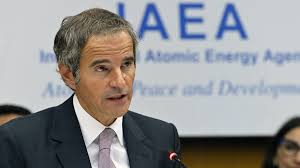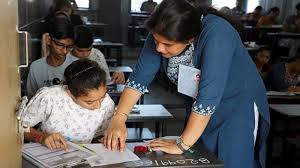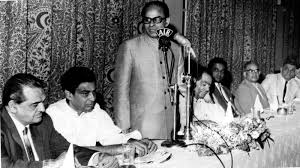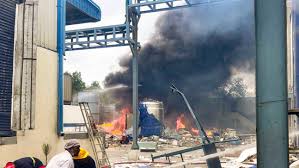IAEA chief warns Iran could restart uranium enrichment within months

The International Atomic Energy Agency (IAEA) has issued a clear warning: Iran could resume uranium enrichment in just a few months. Rafael Grossi, the agency’s chief, said recent military airstrikes on Iranian nuclear facilities caused significant damage, but not enough to stop Iran’s progress.
According to Grossi, Iran still has the technical skills and infrastructure needed to restart enrichment. He emphasized that “knowledge can’t be bombed.” Despite attacks on key sites like Natanz and Fordow, the country retains both its nuclear expertise and the capacity to rebuild.
Iran Still Has What It Needs
Grossi explained that Iran doesn’t need to start from scratch. With just a few centrifuges and access to enriched uranium, it could restart its program quickly. He added that Iran’s scientists already know the process, and that makes the situation more urgent.
Iran’s stockpile of uranium enriched to 60% purity remains a serious concern. This level is close to weapons-grade, and Western experts believe Iran has enough material for multiple nuclear weapons. The IAEA can no longer verify where the stockpile is, as Tehran blocked inspections earlier this year.
Disappearance of Uranium Raises Alarms
The most troubling development is the unknown location of Iran’s enriched uranium. Grossi admitted that inspectors do not know where the stockpile has gone. Intelligence suggests Iran may have moved it before the recent strikes.
Since the IAEA has no access to Iran’s facilities, it cannot monitor the uranium or its use. Grossi warned that without inspections, there’s no way to confirm whether Iran has destroyed, dispersed, or hidden the material.
Strikes Didn’t Stop Iran’s Program
Earlier this month, the U.S. and Israel launched coordinated airstrikes on Iran’s nuclear sites. They targeted enrichment facilities and research centers. While the attacks damaged key infrastructure, they didn’t eliminate Iran’s ability to restart the program.
Grossi pointed out that military action has limits. “Bombs can destroy buildings,” he said, “but not knowledge.” He called on world leaders to prioritize diplomacy instead of relying on force.
History supports his statement. Similar strikes in Iraq (1981) and Syria (2007) successfully halted nuclear projects, but Iran’s program is far more advanced. It’s spread across multiple locations and built to withstand attacks.
Breakdown of Diplomatic Talks
Diplomatic efforts to restore the 2015 Iran nuclear deal, known as the JCPOA, have stalled. Tehran walked away from talks and stopped cooperating with international inspectors. This move further isolates Iran and raises global concerns.
Grossi urged Iran to re-engage with the IAEA. He stressed the importance of transparency and verification. Without cooperation, tensions are likely to rise.
Western nations, including the U.S. and European Union, share these concerns. U.S. Secretary of State Antony Blinken said Washington remains committed to preventing Iran from acquiring nuclear weapons. However, he also acknowledged that diplomacy faces serious challenges.
What the World Can Expect
If Iran decides to restart its nuclear program, it could do so within months. Experts believe the country still has the tools and material needed. Without inspections or diplomatic agreements, it’s difficult to know how far Iran has already gone.
The IAEA hopes for renewed talks. Grossi called on world leaders to find a peaceful resolution. He warned that ongoing secrecy and military action won’t lead to long-term stability.
A Growing Threat
Iran’s nuclear program has long sparked global debate. For Iran, it symbolizes independence and scientific progress. For the international community, it represents a serious threat.
Grossi’s latest remarks highlight the danger of the current situation. Without action, Iran may soon return to enriching uranium—possibly to weapons-grade levels. The world must act quickly to avoid another crisis.






